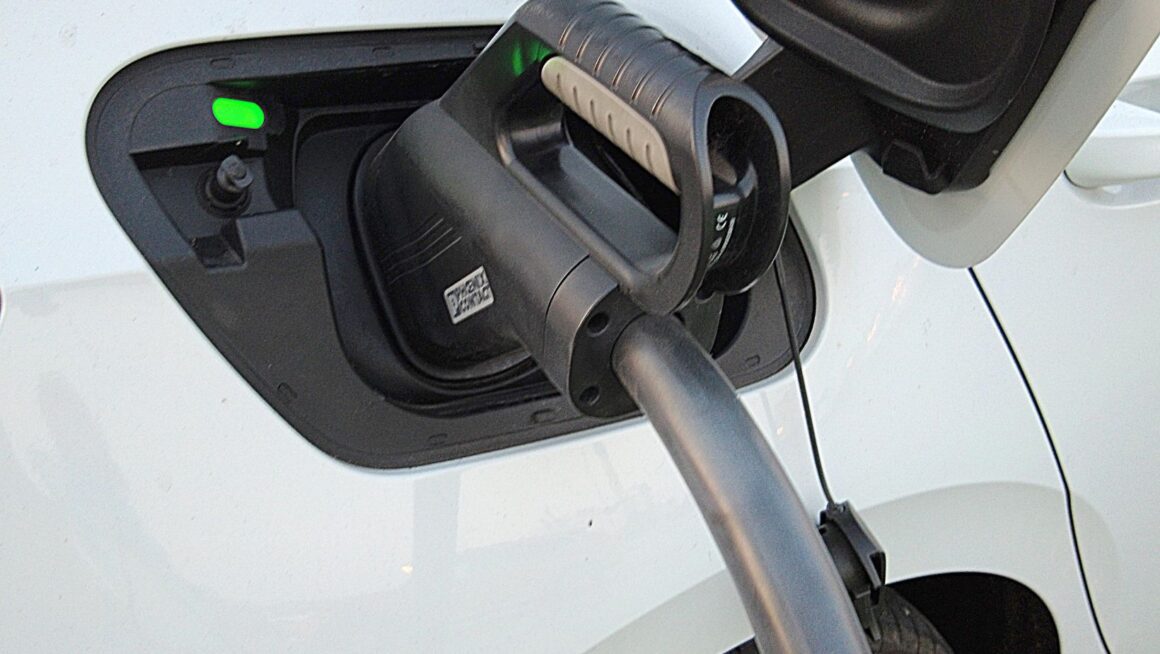
As the world shifts gears from fossil fuels to clean energy, one of the most significant transformations is happening in mobility. The rise of electric vehicles (EVs) isn’t just changing what we drive — it’s reshaping how industries operate, how cities plan infrastructure, and most importantly, how professionals prepare for the future.
Today, learning about electric mobility is no longer optional for those in engineering, energy, transportation, or technology fields. It’s becoming essential. Courses like an advanced EV course are emerging as key tools to bridge the gap between traditional knowledge and the evolving demands of a sustainable mobility ecosystem.
From Auto to Electro: A Shift in Industry DNA
Electric mobility is not just a trend — it’s a structural shift in how mobility is designed and delivered. Unlike conventional vehicles, EVs are powered by electric drivetrains, digital controls, and intelligent software systems. As a result, professionals now need to understand more than mechanics; they need a cross-disciplinary skill set that spans electronics, data, software, and systems thinking.
This shift requires upskilling at a large scale. Professionals who have spent years working with internal combustion systems or grid infrastructure now need to update their knowledge with concepts like regenerative braking, lithium-ion battery chemistry, thermal management systems, and electric propulsion design.
EV Education: A New Skill Economy
An EV course, particularly at the postgraduate level, is designed to equip learners with industry-ready capabilities. These programs typically provide insights into:
- Electric vehicle architecture
- Battery systems and charging infrastructure
- Energy efficiency and powertrain optimization
- Grid interaction and renewable integration
- Policy, compliance, and environmental impact
But it’s not just about theory. The practical side of these courses — through simulations, projects, or industry case studies — helps students translate learning into action, making them workplace-ready from day one.

Who Benefits Most from EV-Focused Education?
The move toward EVs isn’t limited to automotive engineers. A growing number of professionals from diverse backgrounds are pursuing electric mobility training to stay future-fit:
- Mechanical and electrical engineers looking to reskill for EV systems
- Urban mobility planners designing EV-friendly smart cities
- Energy sector professionals managing demand response and charging loads
- Policy advisors and sustainability consultants supporting green transitions
- Startups and entrepreneurs building next-gen mobility solutions
For these audiences, a targeted EV course offers not just knowledge, but career mobility in itself.
AI and E-Mobility: A Future Built on Synergy
As electric mobility systems become more connected, the role of artificial intelligence is growing rapidly. Smart route planning, battery performance prediction, and autonomous driving all rely heavily on AI algorithms. This overlap has created a powerful new demand: professionals who understand both mobility and machine intelligence.
Those interested in expanding their expertise often complement their mobility training with an artificial intelligence online course, allowing them to work on intelligent transportation systems, EV data analytics, and AI-driven diagnostics. In the coming years, this dual knowledge will likely define leadership roles in the clean tech and smart mobility sectors.
Challenges and Opportunities in the Electric Transition
Like any major shift, the transition to EVs brings its challenges: charging infrastructure gaps, standardization issues, range anxiety, and policy inconsistencies. However, these are also areas filled with innovation opportunities.
With the right education, professionals can help shape solutions — from optimizing battery life and improving grid readiness to innovating in mobility-as-a-service (MaaS) models. EV courses not only highlight these challenges but also prepare learners to approach them with critical thinking and sustainable innovation.
The Road Ahead: Greener, Smarter, and Powered by People
While much of the EV conversation focuses on vehicles and technology, it’s ultimately about people — and the skills they bring to the table. As electrification accelerates, the success of this transition depends heavily on whether the workforce can evolve with it.
Pursuing a specialized EV course allows professionals to be part of this transformation, contributing to a cleaner, more efficient future. And when paired with related learning paths like an artificial intelligence online course, the career potential expands exponentially.
Final Thoughts
Electric mobility is not just redefining vehicles — it’s redefining careers. The coming years will demand talent that can think across disciplines, innovate for sustainability, and adapt to emerging technologies. Whether you’re an engineer, analyst, policymaker, or technologist, now is the time to power up your skills for the electric era.
Education is no longer about degrees alone — it’s about direction. And EV-focused learning gives you the direction the future is heading in.












